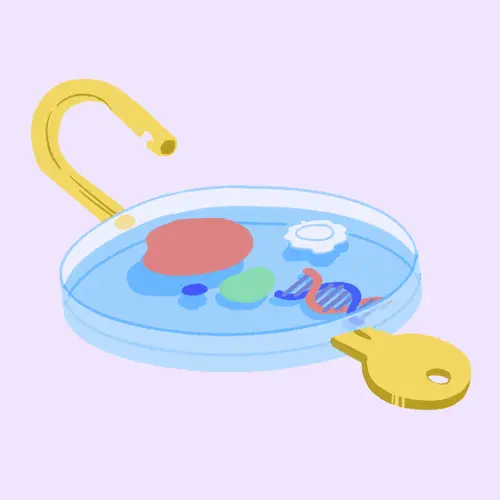Most sinus infections can clear up on their own, or with the help of antibiotics if they’re caused by a bacterial infection. Saline sprays, topical nasal steroids, and over-the-counter medicines often bring relief.
But there are exceptions.
When Is Surgery Needed?
It depends on the cause.
Sinusitis is swelling in your sinuses that causes congestion and discomfort. Several things can cause your nasal passages to become blocked and lead to this condition. Some of these are:
- Infections by bacteria, fungi or viruses
- Small growths called polyps on the lining of your sinuses
- Allergies
- A deviated septum, meaning a crooked wall in between your nostrils
If you don’t get relief from your medicine, nasal rinses, or other treatments, tell your doctor. They may send you to a specialist.
Surgery may be an option if your sinusitis is due to a deviated septum, polyps, or other structural problems.
The main goals of sinus surgery are to relieve your symptoms and cut down on how many infections you get. If they keep coming back, chances are there’s something in your nasal cavity that surgery could fix.
An operation should also help you breathe better through your nose. And if the chronic congestion has affected your sense of smell or taste, surgery might help with that, too.
Types of Surgery
If you decide to get surgery, you have a few different options. Among these are endoscopy and balloon sinuplasty.
Endoscopy. This is a common procedure. Doctors insert very thin and flexible instruments called endoscopes into your nose. One instrument has a small camera lens that sends images back to a screen. That way, the doctor can see where your sinuses are blocked and guide the other instruments that can gently remove polyps, scar tissue, and other.
Doctors won’t cut into your skin, so your recovery will be faster and easier. Endoscopy is usually done with a local anesthetic, meaning the area will be made numb and you can be awake. You’ll likely be able to go home when it’s over.
Balloon sinuplasty. If your doctor doesn’t need to remove anything from your sinuses, you may be a good candidate for this newer type of surgery.
The doctor puts a thin tube into your nose. Attached at one end of it is a small balloon. They then guide the balloon to the blocked area inside your nose and inflate it. This helps clear the passageway so your sinuses can drain better and you won’t be so congested.
Surgery Risks
The risks from these procedures are few. The most common are tissue injury and infection. More serious problems, such as injury to the brain or eyes, are rare.
As with any procedure, you should talk with your doctor first about the risks and benefits. Get a second opinion if you still have concerns.
After Surgery
Depending on the extent of the procedure, you may need what’s called nasal packing. This is when your doctor places gauze-like material in the nasal cavity to absorb blood or other fluids right after surgery. They will take them out at your next follow-up appointment. There are also dissolvable packing materials that don’t need to be removed.
Some things you’ll need to remember after surgery:
You should start to feel better and have fewer symptoms a few days after the procedure.
Keep in mind that sinus surgery doesn’t always cure sinusitis. Instead, you should look at it as part of your overall treatment plan. For example, you may still get sinus infections from time to time. And in the days right after surgery, your doctor may tell you to continue with saline rinses, antibiotics or other medications to treat your condition.
So, while surgery may not be a permanent cure for your sinus problems, it could help you on the way to freer breathing.

